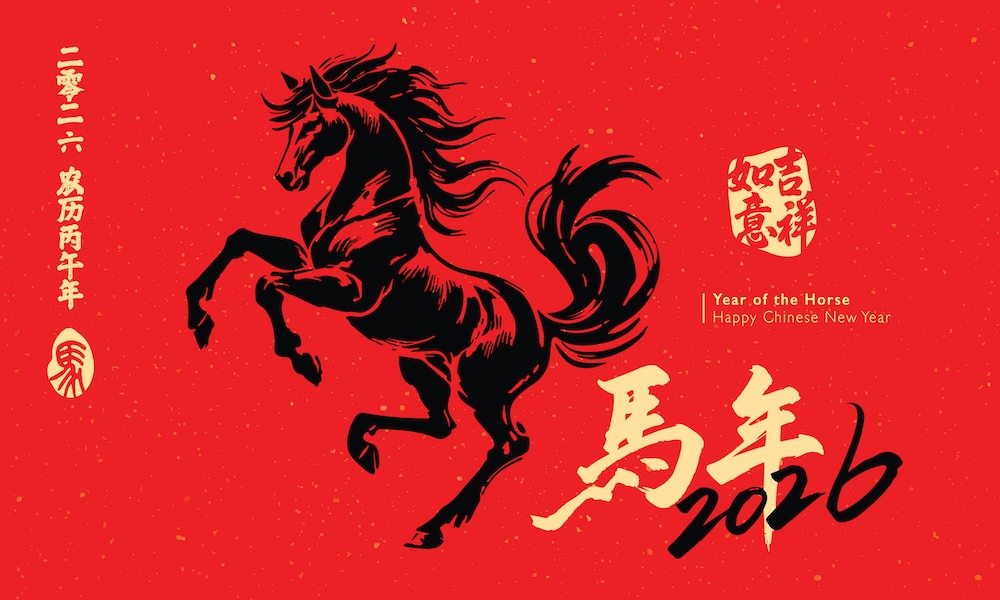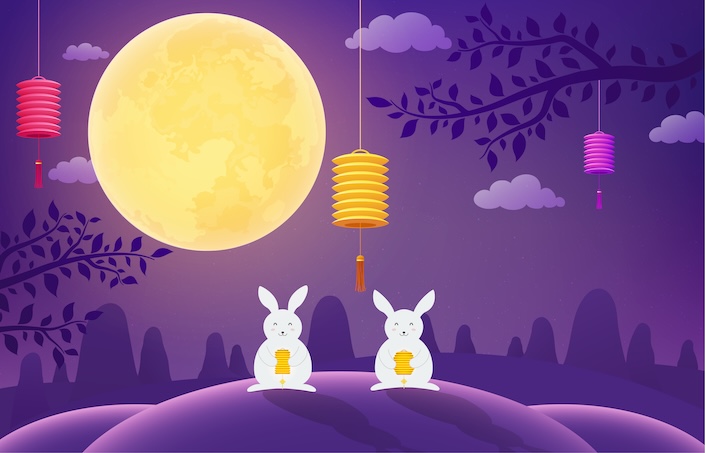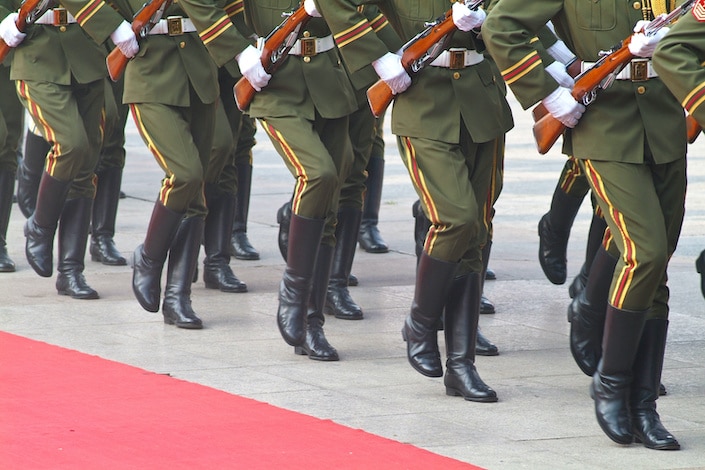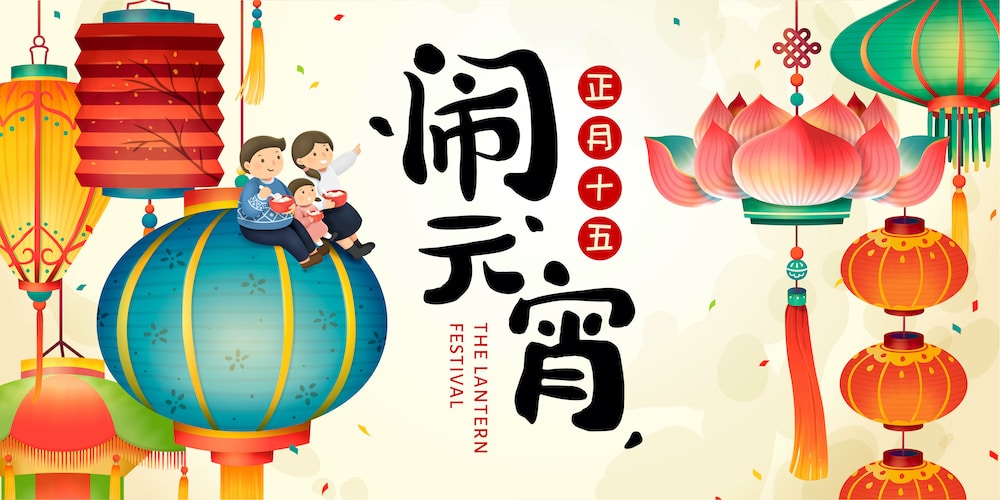What is International Women's Day and how is it celebrated in China?


Learn Chinese in China or on Zoom and gain fluency in Chinese!
Join CLI and learn Chinese with your personal team of Mandarin teachers online or in person at the CLI Center in Guilin, China.
As the name suggests, International Women's day is an international holiday that is celebrated in many countries around the globe. In China, this holiday has its own special significance and is associated with its own set of traditions. Read on to find out more about International Women's Day in China!
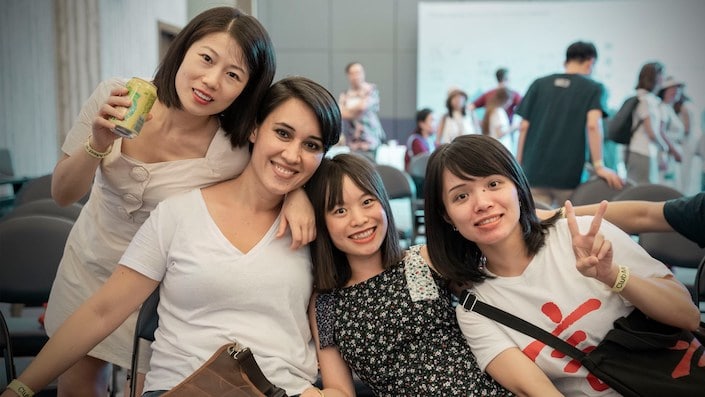

Table of Contents
What is International Women's Day?
International Women’s Day, or 国际妇女节(Guójì Fùnǚjié) in Chinese, is a Chinese holiday that marks the social, economic, cultural, and political achievements of women.
Since it falls on March 8th every year, it is also sometimes referred to as 三八节(Sānbājié) or 三八妇女节 (Sānbā Fùnǚjié) in China.


International Women’s Day is sometimes called 三八节(Sānbājié) in China.
The status of women in Chinese history
Before we dive into how International Women's Day is celebrated in China, it’s important to take a brief look at the historical role and status of women in China.
Learning more about the changing status of Chinese women can help shed light on why International Women’s Day continues to be a particularly important holiday in modern China.
Concubines and foot-binding
In ancient China, women held a much lower status in society than men and in general had little say in the decisions that shaped their lives. Throughout Chinese history, women endured abusive practices and behaviors such as being sold, being beaten, and being subject to female infanticide.
Prostitution, forced marriage, child betrothal and concubinage were commonly accepted practices in ancient China. Concubines were pretty much on par with slaves (though they had a slightly higher social status).
Aside from having a wife, wealthy men often purchased concubines and added them to their household. Concubines had very few rights and often did not have any type of legal or social protection – for example, concubines were not allowed to remarry or return to their natal homes, and their children were subject to a life-long inferior social status.
The practice of footbinding and its negative consequences on women in China is well documented and spans a period of hundreds of years. It is believed the practice first started as early as the 10th century in imperial circles when an emperor was dazzled by the small feet of a dancer.
Ever since then, small feet became an emblem of female beauty and sophistication, and this gave birth to the practice of foot binding. Foot binding was finally outlawed in 1912, in what was also the last year of the Qing dynasty.


Foot binding was a popular practice in China for hundreds of years.
Female infanticide and the one-child policy
Throughout Chinese history, female infanticide and femicide were wide-spread, especially amongst the poor. Female infanticide was particularly common during the Qing dynasty, with drowning, suffocation and starvation being among the most common methods used to kill female children.
In traditional Chinese culture, a daughter was only considered to be a temporary part of her family, as she was to be married off to join and become a part of her husband’s family. By contrast, sons were expected to provide support and security to their aging parents later in life.
Men also historically had a higher status in Chinese society and enjoyed more freedom, and they were also able to use their physical strength to make a living and support their families. This is one of the fundamental reasons why having a son was considered preferable in ancient China.


The one child policy led to a rapid decline in the Chinese birth rate. Source: National Bureau of Statistics of China: China Statistical yearbook 2014, chapter 2 Population
There was a huge decrease in female infanticide after the Chinese Communist Revolution and the establishment of the People’s Republic of China in 1949. Unfortunately, however, the one-child policy, implemented towards the end of the 1970’s, caused a recurrence of similar sexist practices and attitudes. As a result, unbalanced gender ratios continue to impact China today.
Despite these tragic consequences, in some ways the one-child policy also helped women’s progression within Chinese society. This was mainly because girls could get more attention and resources from their parents as the only child in their families.
Since a family could only have one child, those who did have daughters had no choice but to invest in their daughter’s education and encourage them to advance economically. After all, only by becoming independent and advancing in society could daughters gain the resources necessary to care for their parents in old age.


China’s one-child policy remains controversial to this day.
The Chinese Communist Party and women’s rights
It is undeniable that the 1949 establishment of the People’s Republic of China played a huge role in counteracting the influence of the feudalistic ideology that kept Chinese women oppressed.
The 1950’s was a period of great advancement in women’s rights in China. Much of this was due to the influence of the revolutionary New Marriage Law (take a look at these awesome posters to get an idea of the progressive attitudes about marriage equality popularized by the government at the time).
Created in 1950, the New Marriage Law was an extremely important and influencial piece of legislation, which completely outlawed prostitution, arranged marriages, child betrothals and concubinage. Instead, marriage was to be based on love and mutual consent, and both men and women had the right to divorce and practice economic independence.
Women and men also had the same right to elect and be elected to public office, which was assured by the national law and encouraged women’s participation in politics. In fact, as of 2018, females account for 25% of all members of the Chinese government, which is not that bad of a ratio considering that women make up 48% of China’s total population.


Women have played an increasingly important public role throughout modern Chinese history.
The history of Women’s Day, in China and abroad
The origins of International Women’s Day go all the way back to 1908, when 15,000 women marched through New York City demanding better pay, shorter working hours and voting rights.
It wasn’t until a few years later, in 1911, that International Women's Day was officially recognised in Switzerland, Germany, Austria and Denmark.
In China, it is believed that International Women's Day was unofficially recognised and observed by communists within the Chinese Communist Party as early as 1921, and became an official national holiday with the establishment of the People’s Republic of China in 1949.
International Women’s Day was finally recognized almost three decades later by the United Nations in 1975, which really helped propel the womens’ rights movement globally by putting the spotlight on women’s issues.
It became a day to recognize the importance of women’s rights and to celebrate the acts of courage and determination by ordinary women who have played an extraordinary role in history.


Today, Women’s Day serves as an opportunity to celebrate successful women, such as the Chinese writer Zhang Ailing.
How is International Women’s Day celebrated in China?
In modern China, women’s day is not actually a public holiday, which means that people do not generally get the day off. However, many employers still take this holiday as an opportunity to show gratitude to their female employees. Thus, working women are usually granted half the day off or simply provided with a shorter working day. It is also becoming increasingly popular for employers to give their female employees small gifts.
Another way Women’s Day is celebrated in China is through the large number of product discounts offered to women on and around this day.
Arguably, the notion of “self-care” has become somewhat commodified in recent years. The concept of self-care is heavily promoted on Women’s Day and it is widely used in advertising campaigns and is one of the main drivers behind the huge sales created each year on this day.
Throughout the month of March, you will find many Chinese stores offering special discounts to women. For example, on Taobao (and other online shopping sites), you will encounter a large variety of discounts mainly on beauty and clothing items.
Massage parlours will often have special packages that include extra freebies for each purchased product. In some bars, women are also able to get discounted or free drinks.


Many Chinese companies give female employees a half-day off from work on Women’s Day.
Naming controversies
One of the criticisms of Women’s Day in China comes from its Chinese name. The word 妇女 (fùnǚ woman) is usually used for women who are married or eldery. Thus, some people feel that the word already connotes an expectation of engaging in traditional female roles revolving around motherhood and marriage.
As mentioned earlier, the idea of “self-care” is quite commodified during this holiday.
In order to help combat the negativity associated with the word 妇女 (fùnǚ) and make the holiday seem more palatable to young female consumers, some retailers have started to refer to the holiday using the word 女神 (nǚshén; goddess) instead. This is the origin of the trend of referring to International Women’s Day as 女神节 (Nǚshénjié; Goddess Day).
However, this rebranding has had some negative consequences, with more and more netizens complaining that the real message behind International Women’s Day is being watered down. They argue that the holiday is fast becoming a day for women to act like “princesses” and purchase whatever gimmicky beauty product is being offered on sale.


In a sign of the increasing commercialization of Chinese holidays, some retailers have attempted to reband International Women’s Day as “Goddess Day” to encourage consumption.
The challenges facing Chinese woman today
A lot of Chinese women see International Women’s Day as a time to commemorate the achievements of women throughout history, and the hard work put forth by women who strive for equality in modern society. It is also a time to put the spotlight on current women’s issues and think of ways to improve women’s rights for future advancement.
Despite the fight for cultural paradigm shifts and equal opportunities, many Chinese women still face a variety of challenges, especially with regard to the following:
Children and marriage
Chinese society still places a heavy emphasis on traditional gender roles, and the family is considered the core of a healthy society. In fact, in the hopes of combating low birth rates and dealing with China’s aging population, the Chinese government announced in May 2021 that couples can now have three children.
Therefore, it is no surprise that many Chinese women still face immense pressure to get married and have children at a young age, so much so that unmarried and childless women over the age of 28 are referred to as 剩女 (shèngnǚ) or “left-over woman.”
What many Chinese women find unfair is that interestingly, there is no equivalent word used for unmarried and childless men (regardless of their age).
This kind of thinking really highlights the notion that a Chinese woman’s role in society is predominantly linked to motherhood and being a wife since these traditional roles are rewarded and greatly valorised even in modern Chinese society.
Standards of beauty
Like many other women throughout the world, Chinese women sometimes feel that they are expected to attain unattainable beauty standards.
China’s standards of beauty are quite complex, but in essence revolve around being very thin, white, and behaving in a way that is considered traditionally “feminine.”


Chinese standards of beauty are nearly impossible to achieve.
Equal career opportunities
Many Chinese women still face a great deal of discrimination in the working world. Not only are workers in general judged by their looks, but a woman’s age and marital status can have a huge influence on whether or not she is able to successfully get a job.
Although most don’t openly admit to doing so, many employers will assess a potential female employee’s age before offering her a job, regardless of her skillset and previous work experience.
Some companies may not hire young unmarried women, or already married women without children, for fear that they may get married or become pregnant soon after they are hired, resulting in the company having to arrange for a lengthy maternity leave.
Women also face discrimination in more male-dominated fields such as engineering and tech, and may not be taken seriously even if they occupy a position of power in a company.


Professional Chinese women still struggle with discrimination in the workplace.
Despite these challenges, however, Chinese women today have still made incredible strides in both their personal and professional lives by challenging many of the ingrained expectations previously mentioned.
The Chinese government has also made great efforts to prevent the exploitation of women in the educational space. An example of this is the new regulation issued by China’s education department in November 2020 banning postgraduate tutors from having “improper” relations with students, with the aim of preventing instances of exploitation in universities.
More than ever, women are being recognised and celebrated in China across all fields. For example, following China’s successful landing of the Chang’e 5 probe (嫦娥五号 Cháng'é Wǔhào) on the moon in 2020, the women who played a critical role in the landing were widely celebrated across China’s state television.
Although there is room for improvement when it comes to women’s rights both in China and globally, the future is looking very promising.


Although many challenges remain, the future of women in China looks bright.
Want to better understand Chinese culture?
We hope you enjoyed this article on International Women’s Day in China! Remember, the best way to fully understand a culture is to learn its language. If you are interested in delving deeper into Chinese society and culture, there’s no better way to do so than by learning Mandarin Chinese.
If you’re ready to take the plunge, consider enrolling in CLI’s one-on-one Online Program and get started learning Chinese from the comfort of your own home today!


Studying Chinese is the best way to gain more insight into the changing role of women in modern China.
Chinese vocabulary for International Women’s Day
| Chinese | Pinyin | English |
|---|---|---|
| 国际劳动节 | guójì láodòng jié | International Labour Day |
| 五一节 | wǔyī jié | May Day |
| 历史 | lìshǐ | history |
| 庆祝 | qìngzhù | to celebrate |
| 放假 | fàngjià | to have a holiday / be off work |
| 周末 | zhōumò | weekend |
| 休息 | xiūxí | to rest |
| 压力 | yālì | pressure |
| 工作与生活的平衡 | gōngzuò yǔ shēnghuó de pínghéng | Work-life balance |
| 集体主义 | jítǐ zhǔyì | collectivism |
| 工作文化 | gōngzuò wénhuà | work culture |
| 加班 | jiābān | to work overtime |
| 996工作制 | jiǔjiǔliù gōngzuò zhì | "996 work system" |
| 上班族 | shàngbān zú | office worker |
| 团队活动 | tuánduì huódòng | team work |
| 歧视 | qíshì | to discriminate |
| 国务院 | guówùyuàn | State Council |
| 中央人民政府政务院 | zhōngyāng rénmín zhèngfǔ zhèngwùyuàn | Central People's Government Administration Council |


Tania Yeromiyan is the Marketing Manager at the Chinese Language Institute (CLI). She holds a BA in Arabic and Chinese with First Class Honours from the University of Leeds, where she spent two years studying abroad in Taiwan and Egypt. Tania studied Beijing Opera at the Shanghai Theatre Academy and placed third in the UK's 14th "Chinese Bridge" Language Proficiency Competition. Before her current role, she served as CLI's Admissions Manager for five years, working with thousands of students preparing to study Chinese in China. She is fluent in Chinese and travels to China annually.





